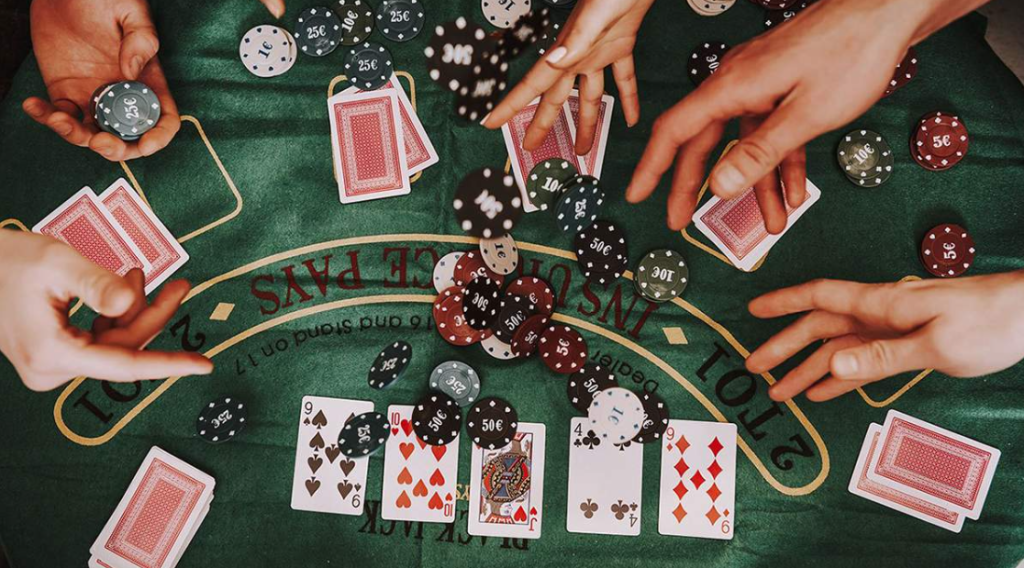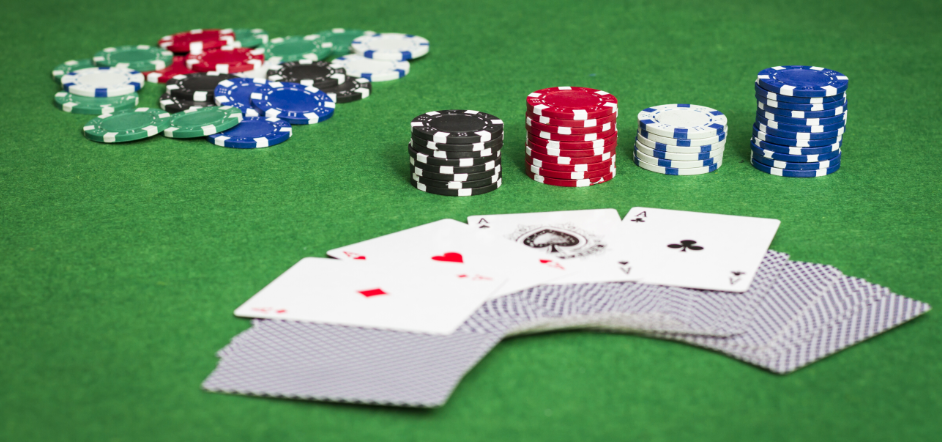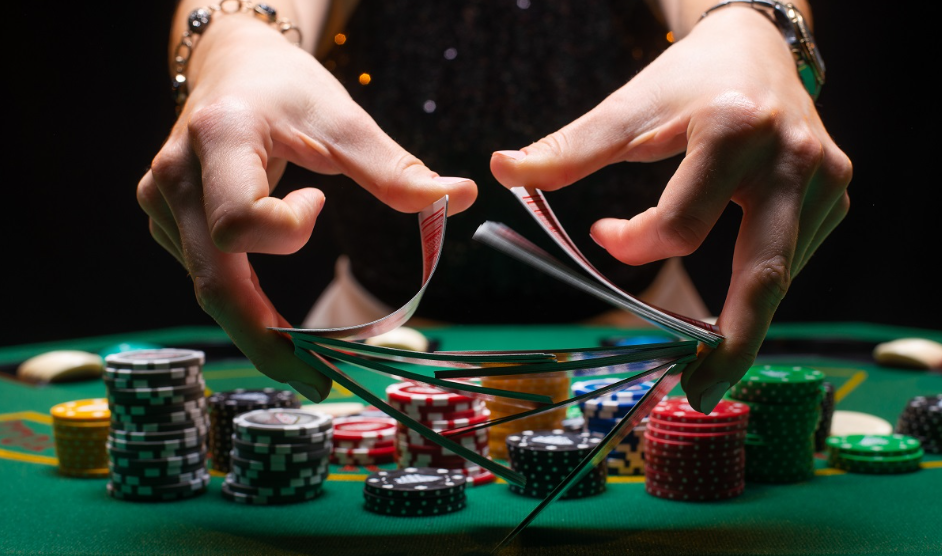In the high-stakes world of poker, where every move can make or break a player’s fortune, there exists a controversial tactic known as angle shooting. This deceptive practice blurs the lines between skillful gameplay and unethical behavior, leaving players on both sides of the table questioning where the boundaries lie. In this article, we delve into the intricacies of Angle Shoot Poker, exploring what it entails, its implications, and how players can navigate this murky terrain.
What is an angle shoot in poker?
What is an angle shoot in poker? To understand Angle Shoot Poker, it’s essential first to grasp the concept of an angle shoot. An angle shoot is a calculated and often underhanded maneuver employed by a player to gain an unfair advantage or deceive opponents at the poker table. It involves exploiting gaps or ambiguities in the rules or exploiting opponents’ assumptions to manipulate the outcome of a hand in one’s favor.

Ethical considerations in angle shooting poker
Angle shooting poker raises profound ethical questions within the poker community. While the game inherently involves bluffing and deception, there is a fine line between strategic gameplay and outright manipulation. Ethical players argue that angle shooting undermines the integrity of the game and violates the spirit of fair competition.
One of the primary concerns with angle shooting is its potential to create a hostile and distrustful atmosphere at the poker angle shoot. When players feel they can’t trust their opponents to play pretty, it erodes the game’s social aspect and diminishes the overall experience for everyone involved. Moreover, repeated instances of angle shot poker can tarnish a player’s reputation within the poker community, leading to ostracization and exclusion from reputable games and tournaments.
Strategies to counter angle shooting
While angle shot poker can be challenging to detect and prevent entirely, there are strategies players can employ to mitigate its impact and protect themselves against evil opponents.
Communication and transparency also play a vital role in combating angle poker. Establishing clear and open lines of communication with fellow players can help deter unethical behavior and foster a more trustworthy gaming environment. Furthermore, holding oneself and others accountable for adhering to ethical standards reinforces the integrity of the game and promotes fair play.
Good luck charms for gambling: myth or reality?
In gambling, superstitions abound, and good luck charms are expected at the poker table. From lucky rabbit’s feet to four-leaf clovers, players often seek out talismans believed to bring them fortune and success. But do these charms hold absolute power or merely psychological crutches?

While no scientific evidence supports the efficacy of good luck charms, their influence on players’ mindset and confidence must be considered. Psychologically, believing in the power of a lucky charm can instill a sense of control and positivity, leading to improved focus and decision-making at the poker angle shoot table. Whether it’s a lucky coin tucked away in a pocket or a cherished family heirloom worn as a necklace, the mere presence of a good luck charm can provide players with a much-needed boost in morale during intense gaming sessions.
However, it’s essential to recognize that reliance on superstition alone is not a substitute for skill and strategy in poker. While good luck charms may offer a placebo effect, ultimately, success in the game hinges on players’ mastery of the fundamentals, strategic insight, and ability to adapt to changing circumstances. As the saying goes, luck may favor the prepared, but it is a skill that ultimately prevails in the long run.
Angle Shoot Poker represents a contentious aspect of the game that challenges players’ ethical boundaries and tests their ability to navigate complex social dynamics at the table. By understanding the nuances of angle shot poker, players can better protect themselves against unfair practices and uphold the integrity of the game. Additionally, while good luck charms may provide a psychological boost, they are no substitute for skill, discipline, and strategic prowess in pursuing success in poker. As players grapple with these issues, maintaining a balance between artifice and ethical conduct remains paramount in preserving the essence of poker angle shoot as a game of skill, strategy, and integrity.

